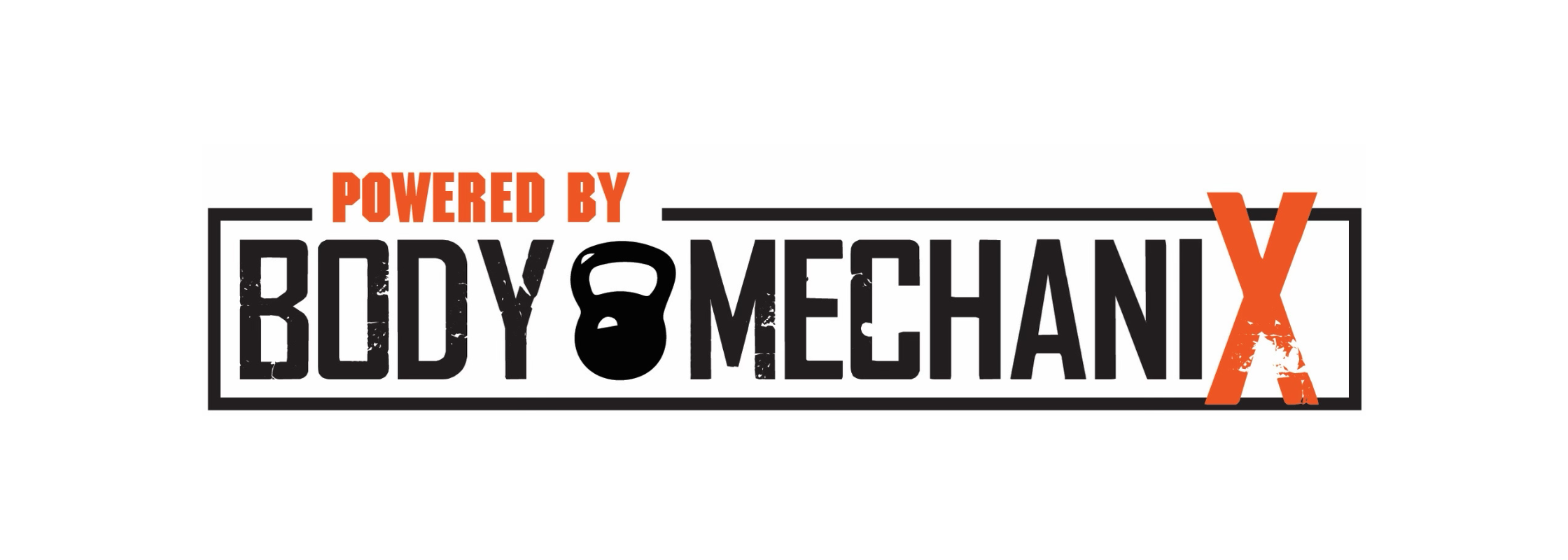In today's rapidly changing world, leadership skills are more important than ever. Developing these skills in young people is crucial for their personal and professional success, as well as for the betterment of their communities. At The MG Foundation, we are dedicated to equipping youth with the leadership skills they need to navigate their futures with confidence and competence. In this blog, we will discuss the leadership training aspects of our program, detailing the skills taught and the impact on the participants’ personal and professional lives.
The Importance of Leadership Skills
Leadership skills are essential for young people as they prepare to enter the workforce and take on various roles in their communities. These skills enable them to:
- Make Informed Decisions: Good leaders can analyze situations, consider multiple perspectives, and make informed decisions that benefit their teams and communities.
- Inspire and Motivate Others: Effective leaders inspire and motivate others to work towards common goals, fostering collaboration and teamwork.
- Adapt to Change: Strong leaders can adapt to changing circumstances and guide others through transitions with resilience and flexibility.
- Communicate Effectively: Leadership involves clear and effective communication, which is crucial for conveying ideas, resolving conflicts, and building relationships.
Leadership Training in Our Program
Our leadership training program is an integral part of The MG Foundation’s mission to empower youth. We offer a comprehensive curriculum designed to develop essential leadership skills through hands-on experiences, workshops, and mentorship. Here are some key aspects of our leadership training:
-
Self-Awareness and Personal Development
- Workshops and Activities: We conduct workshops that focus on self-awareness, helping participants understand their strengths, weaknesses, and values.
- Impact: Developing self-awareness enables young people to lead with authenticity and confidence. It helps them make better decisions and build stronger relationships.
-
Communication Skills
- Public Speaking and Presentation Training: Participants engage in public speaking exercises and learn how to present their ideas effectively.
- Impact: Enhancing communication skills allows participants to express themselves clearly, persuade others, and navigate social and professional interactions successfully.
-
Teamwork and Collaboration
- Group Projects and Team-Building Activities: We organize group projects that require participants to work collaboratively, fostering teamwork and mutual respect.
- Impact: Learning to work effectively in teams prepares young people for collaborative environments in both their personal and professional lives.
-
Problem-Solving and Critical Thinking
- Problem-Solving Workshops: Participants engage in activities that challenge them to think critically and develop creative solutions to problems.
- Impact: Strengthening problem-solving skills equips young people to tackle challenges head-on and find innovative solutions.
-
Decision-Making and Responsibility
- Leadership Roles and Responsibilities: We provide opportunities for participants to take on leadership roles within projects and initiatives.
- Impact: Taking on leadership roles teaches young people the importance of responsibility, accountability, and ethical decision-making.
-
Emotional Intelligence
- Emotional Intelligence Training: Workshops focus on developing empathy, self-regulation, and social skills.
- Impact: High emotional intelligence helps participants build strong, positive relationships and navigate social complexities effectively.
Impact on Participants’ Personal and Professional Lives
The leadership skills developed through our program have a profound impact on the personal and professional lives of our participants. Here are some examples of the positive outcomes:
-
Personal Growth and Confidence
- Example: Michael, a participant in our program, struggled with self-confidence. Through our leadership training, he developed a strong sense of self-awareness and confidence. He now takes on leadership roles in school projects and extracurricular activities, inspiring his peers.
-
Academic and Career Success
- Example: Emma, another participant, applied the communication and problem-solving skills she learned in our program to her academic pursuits. She excelled in her studies and secured a prestigious internship, setting her on a successful career path.
-
Community Engagement
- Example: David, empowered by his leadership training, started a community initiative to address local environmental issues. His ability to lead and motivate others has resulted in a cleaner, more sustainable neighborhood.
-
Enhanced Relationships
- Example: Sarah used the emotional intelligence skills she gained to improve her relationships with family and friends. Her ability to empathize and communicate effectively has strengthened her personal connections and created a supportive network.
Conclusion
Leadership skills are vital for the next generation as they navigate their futures and contribute to their communities. At The MG Foundation, we are committed to preparing youth with the leadership skills they need to succeed. Our comprehensive training program focuses on self-awareness, communication, teamwork, problem-solving, decision-making, and emotional intelligence. The impact of this training is evident in the personal growth, academic and career success, community engagement, and enhanced relationships of our participants. By investing in the leadership development of young people, we are building a brighter future for them and their communities.



